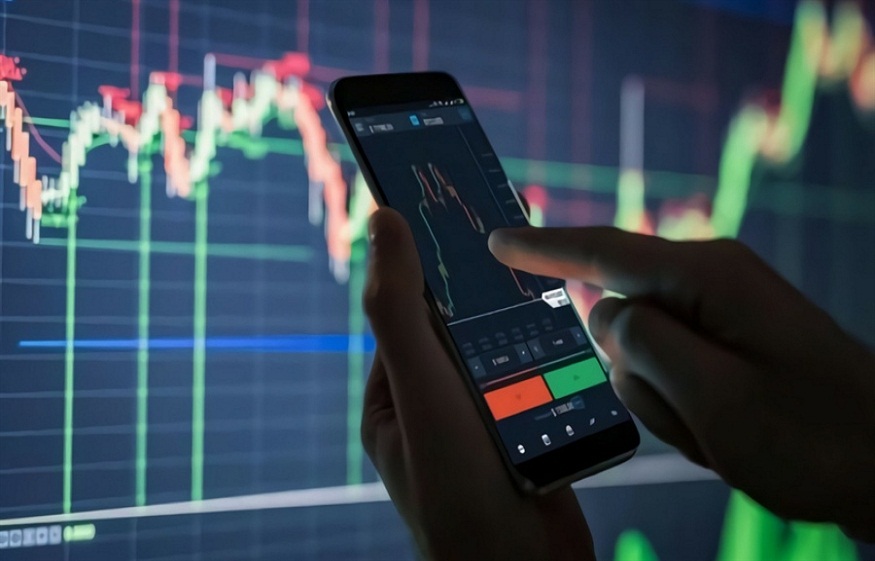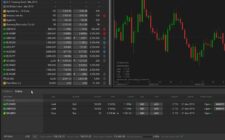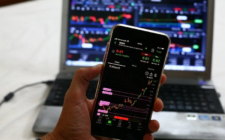In today’s digital landscape, Contracts for Difference (CFDs) have gained popularity as a versatile financial tool, providing traders with access to global markets and diverse assets. However, achieving long-term success in CFD trading requires a focus on sustainability, balancing profit potential with ethical practices. Here’s how traders can adopt sustainable and ethical approaches in modern digital markets.
The Importance of Sustainable Trading Practices
Sustainability in trading means creating a strategy that not only delivers immediate returns but also endures over time. This approach involves protecting capital, managing risks, and maintaining financial stability, ensuring that trading can continue without causing harm to one’s financial health or well-being. Sustainable practices help traders to remain resilient through market fluctuations, building consistent performance rather than focusing solely on short-term gains.
Understanding the Digital Landscape
The digital era has transformed CFD trading, offering easy access to advanced tools and information. With online platforms, mobile trading apps, and analytical tools, trading has become more accessible. However, this ease also introduces ethical challenges, such as the temptation to make impulsive decisions. Sustainable trading requires a thoughtful approach, recognizing the responsibility to avoid hasty, poorly informed trades that could lead to significant losses.
Effective Risk Management
A critical aspect of sustainable online CFD trading is robust risk management. Setting clear parameters for each trade, such as capital limits and stop-loss orders, is essential for reducing potential losses. Diversifying across asset classes also helps spread risk, making portfolios less vulnerable to market volatility. By implementing these practices, traders can manage risks ethically and create a stable foundation for long-term trading success.
Leveraging Technology Responsibly
Technology offers powerful resources for informed decision-making in online CFD trading, but using these tools responsibly is essential. Automated trading systems can reduce emotional biases by following pre-set criteria, helping traders stick to their strategies. Real-time data and analytical tools provide insights that support rapid, informed choices. Responsible use of technology enables traders to maximize opportunities without falling into patterns of impulsive, high-risk behavior.
Maintaining Emotional Discipline
Managing emotions is one of the most challenging aspects of trading, especially during volatile markets. Sustainable trading requires prioritizing strategy and analysis over emotional reactions. By developing a disciplined approach, traders can avoid decisions driven by fear or greed, which often lead to significant losses. Emotional resilience is a cornerstone of ethical trading, helping traders stay committed to their plans and avoid impulsive actions.
Commitment to Continuous Learning
In fast-paced digital markets, sustainable trading demands an ongoing commitment to learning and adapting. Staying updated on technological advancements, market trends, and economic shifts is vital. Ethical trading involves not only maintaining knowledge but also being flexible enough to adjust strategies as markets evolve. This commitment to growth helps traders make informed, sustainable choices in a constantly changing landscape.
Exercising Patience
Patience is a key trait in sustainable trading. In CFD markets, not every moment presents an ideal trading opportunity. Recognizing when to wait for better conditions aligns with an ethical trading approach, as it helps traders avoid overtrading and unnecessary risk. By being patient, traders can focus on high-quality trades that align with their strategy, fostering a stable, responsible trading routine.
Setting Realistic Goals
Setting achievable goals is another aspect of sustainable trading. By defining clear, realistic financial objectives based on market conditions and personal risk tolerance, traders can build a structured framework for tracking success. Realistic goals keep traders focused and motivated, helping them avoid the allure of excessive risk-taking in pursuit of unachievable outcomes.
Balancing Risk and Reward in the Digital Age
Sustainable online CFD trading in the digital era requires a holistic approach that balances risk and reward ethically. By understanding the complexities of the digital market, practicing effective risk management, leveraging technology responsibly, maintaining discipline, continuously learning, exercising patience, and setting realistic goals, traders can navigate the CFD landscape with integrity and resilience.
In conclusion, adopting sustainable trading practices is not only about profit but also about creating an ethical foundation for long-term success. By cultivating an informed, disciplined, and patient approach, traders can thrive in today’s fast-evolving digital markets while ensuring financial health and stability over time.




